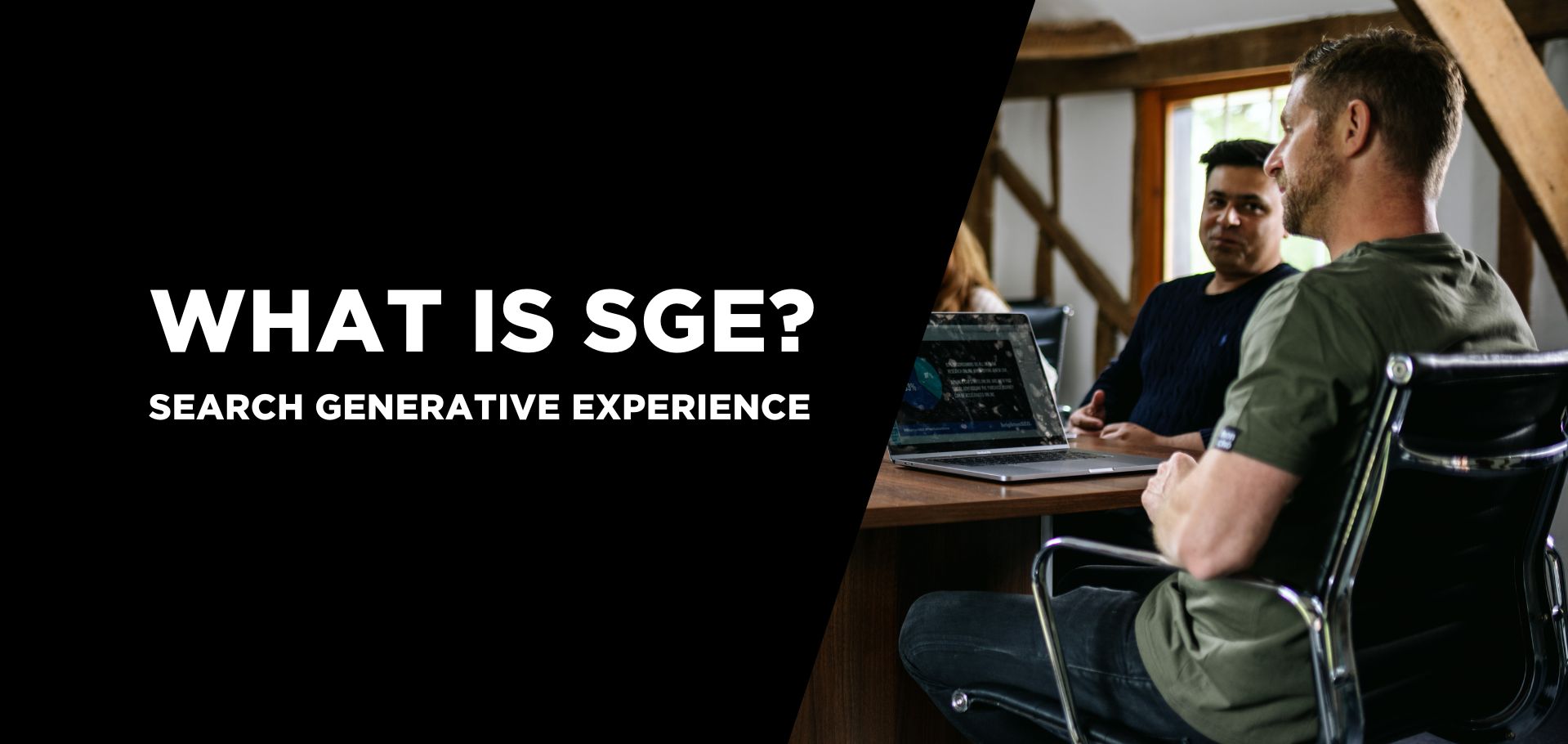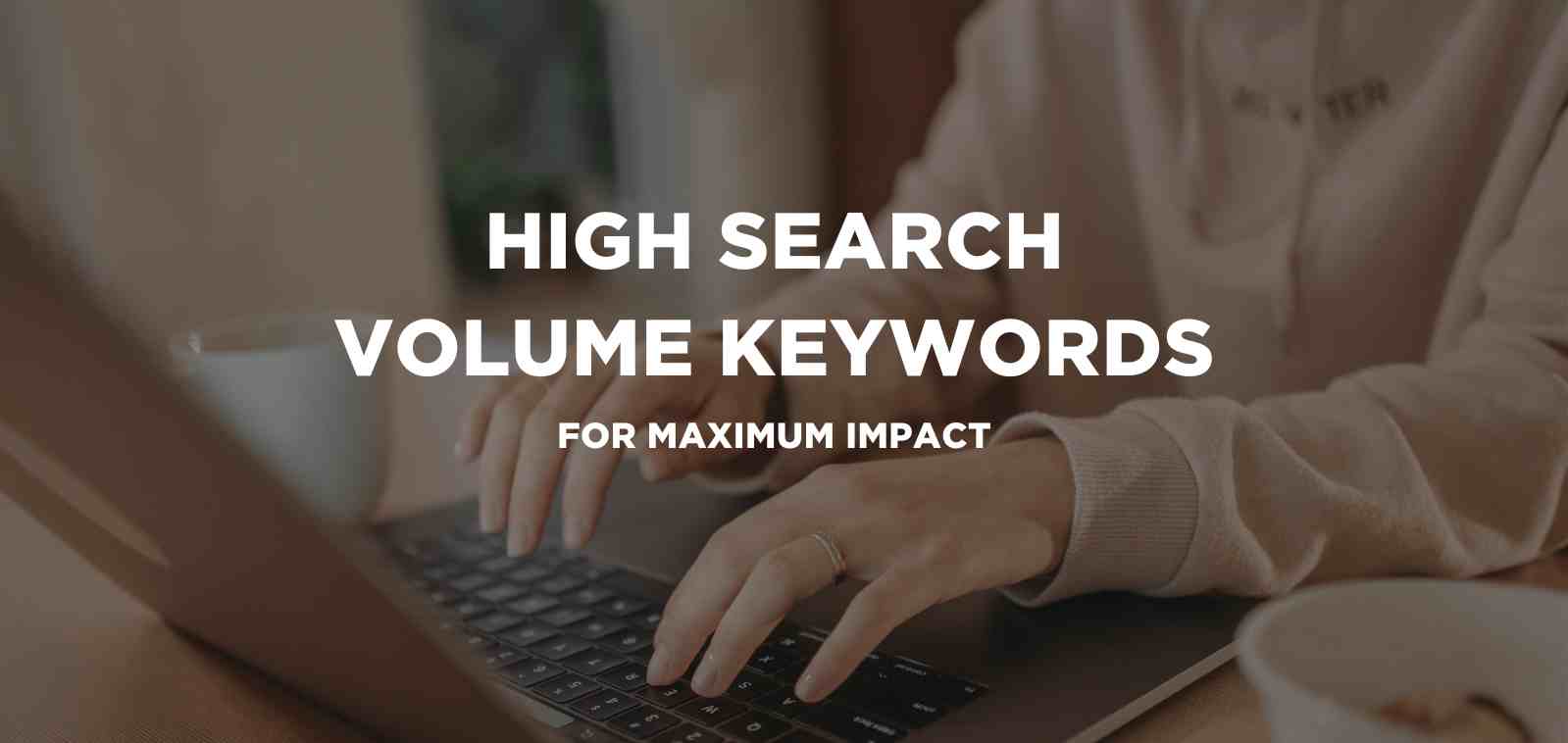2 min read
What is Google Search Generative Experience? (SGE)
What is Google SGE? Think of Google SGE as your helpful buddy on the search results page. Instead of making you click on different websites, it pulls...
In the world of PPC, your ad position is an important factor and has a big impact on the results of your PPC campaigns. In this post we will give you some insight into what Average Position is and how to improve it to ensure your PPC campaigns are driving the best results possible and contributing towards your business goals effectively.
Average Position (also known as Ad Rank) is a statistic that describes how your ad typically ranks against other PPC ads and the order in which it appears on the first page of search engines.
Interestingly, every PPC ad within your Google Adwords account is ranked on this Average Position statistic. Your ads will then be compared in this way to competitors’ ads that are live at the same time and compete for various positions on page one accordingly.
When somebody searches a keyword or phrase with relevance to your ad, your ad is triggered and will be assigned a value according to its position. Currently, you can be placed from position 1-7, with the coveted position 1 the ultimate target for all brands.
It’s worth noting that in February, Google removed the right hand side ads meaning that positions to compete for page one reduced from 10 to 7, making the landscape much more competitive. With this in mind, PPC ads now need to be optimised as effectively as possible to secure these top positions.
Since this change in February, the desire to be in the top 4 has grown stronger but has possibly highlighted the limited success of position 1.
While being at the top is often perceived as the Holy Grail, those trailing in positions 2,3 and 4 shouldn’t be worried:
Ad Position is determined by the following formula:
Ad Position = Max Bid x Quality Score x Expected Impact of Extensions
As a first port of call, increasing your maximum bid will improve your ad position, however quality score is the main contributing factor to your ad appearing higher on SERPS.
Quality Score is defined by an array of performance indicators within AdWords, which take the principles of relevance and the best user experience possible.

Now we have identified the importance of a strong quality score, you will want to know how to improve it.
The removal of right hand side ads changed the landscape of SERPs back in February and it wasn’t long till Google was ready to roll out another update. In May, Google made yet another change to SERPs with the introduction of Expanded Text Ads, also known as ETAs. Expanded Text ads now include 2x 30-character headlines and a 1x 80-character description line. You can read more about ETA’s and the impact on SEO and SERPs here.
There are many different ways you can test your average position. It is worth setting up A/B testing and in doing so, varying ad copy or ad extensions to judge the success of different messaging on your ad position. Often different call to actions used will have a strong effect on the effectiveness of your PPC ad.
Your average position can also be improved by applying a real time bidding script, which will allow you to control your online ads on a per-impression basis.
The testing doesn’t stop here though; you can also test average CPC’s over a set period of time. We suggest this is run over a 4-week period where you can test certain CPC’s and their impact on Average Position, Click Through Rate and Cost.
If you wish to learn more about Google AdWords, or how to ask the right questions to your agency, why not check out our PPC training service, which can be tailored to your requirements.

2 min read
What is Google SGE? Think of Google SGE as your helpful buddy on the search results page. Instead of making you click on different websites, it pulls...

5 min read
Discover the power of high search volume keywords and how to effectively use them to boost your online presence and drive maximum impact.

2 min read
We're delighted to officially announce our partnership with Eflorist, one of the world’s leading flower delivery brands with over 54,000 local flower...
1 min read
Welcome to our weekly PPC basics blogs. Each week we will be focusing on a different part of PPC and creating a definitive guide to the PPC basics....
Welcome to my new PPC basics blog. In previous blogs we have covered keyword selection and keyword targeting. Now you have chosen the keywords that...
Before you start any PPC (pay per click) campaigns, it’s vital that you understand why PPC exists and how Google has become the brand that it is...